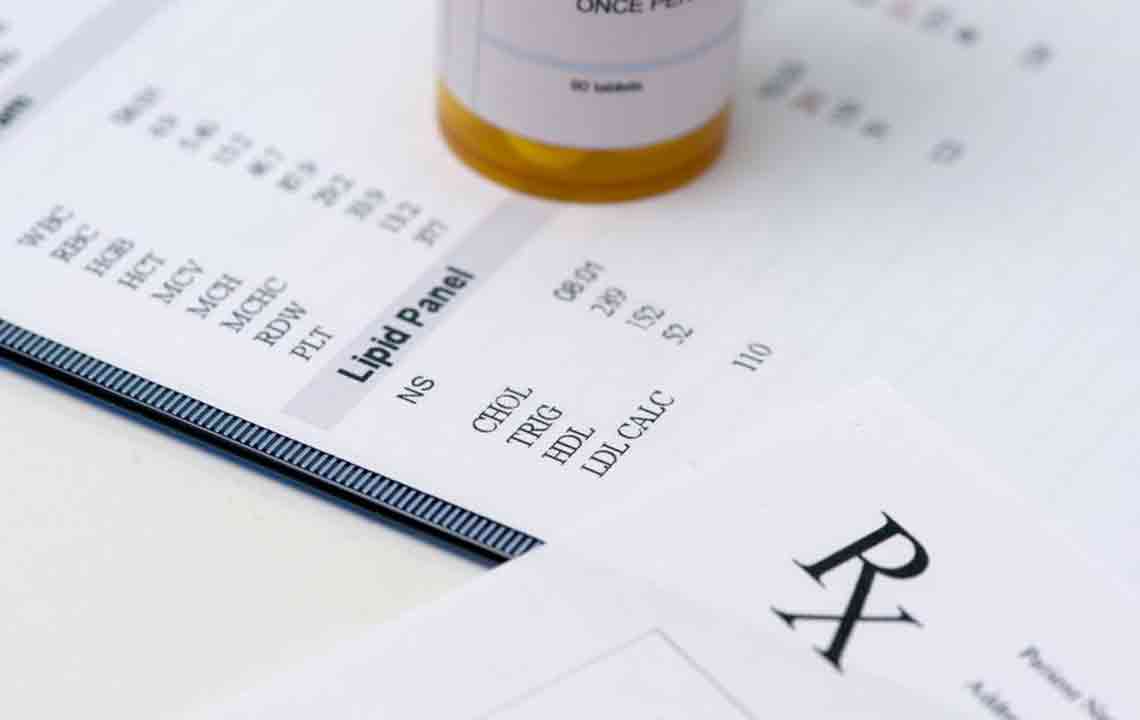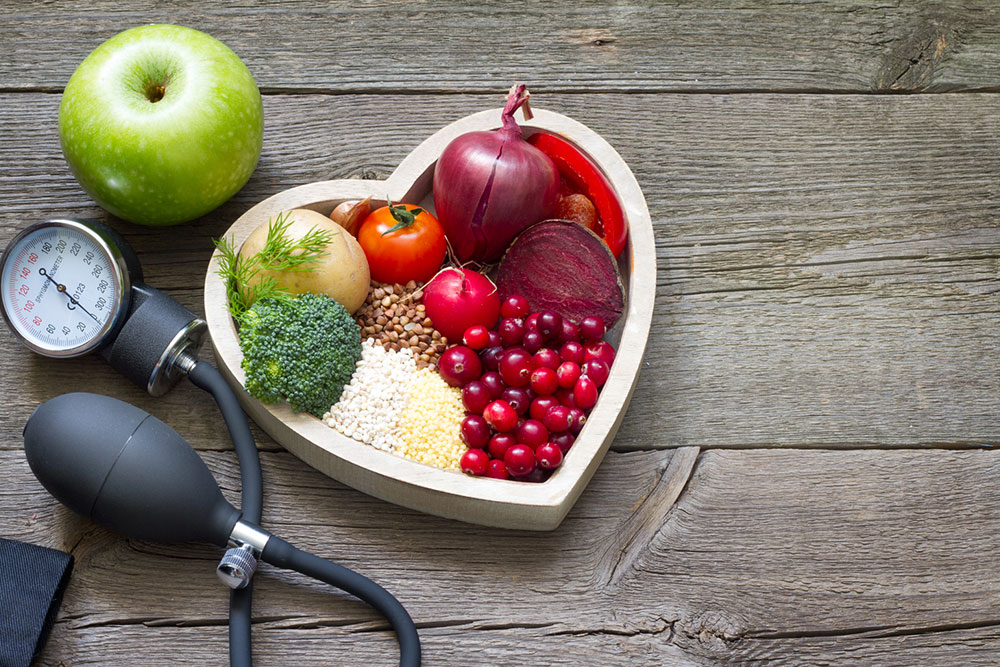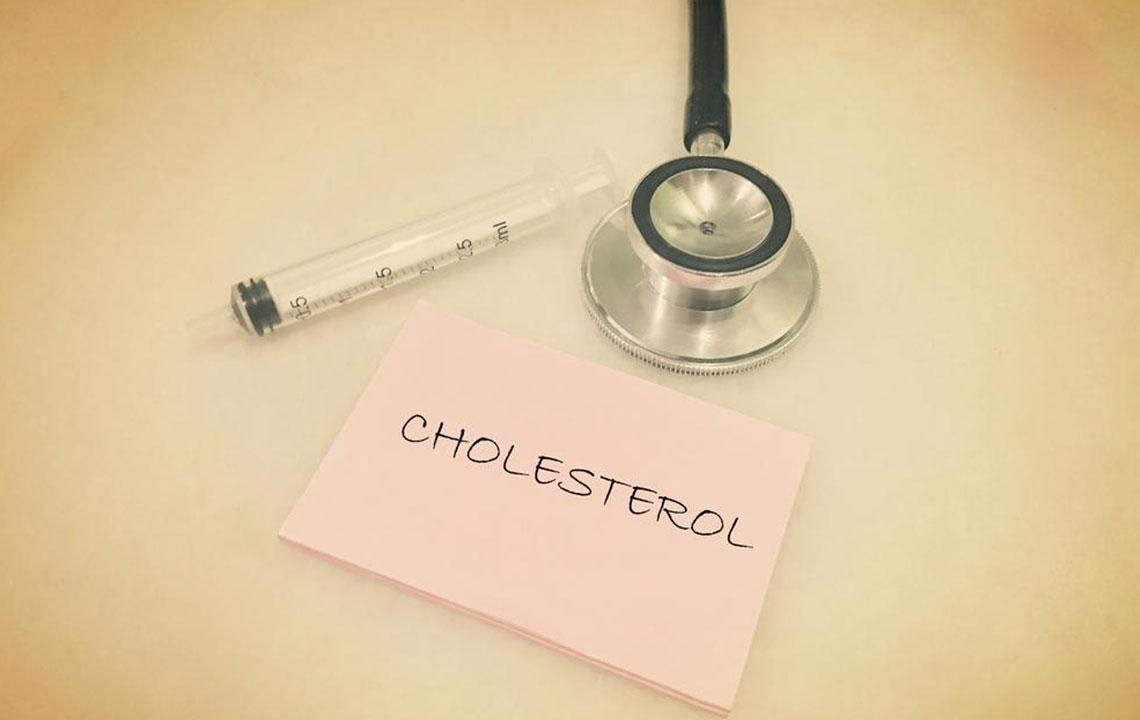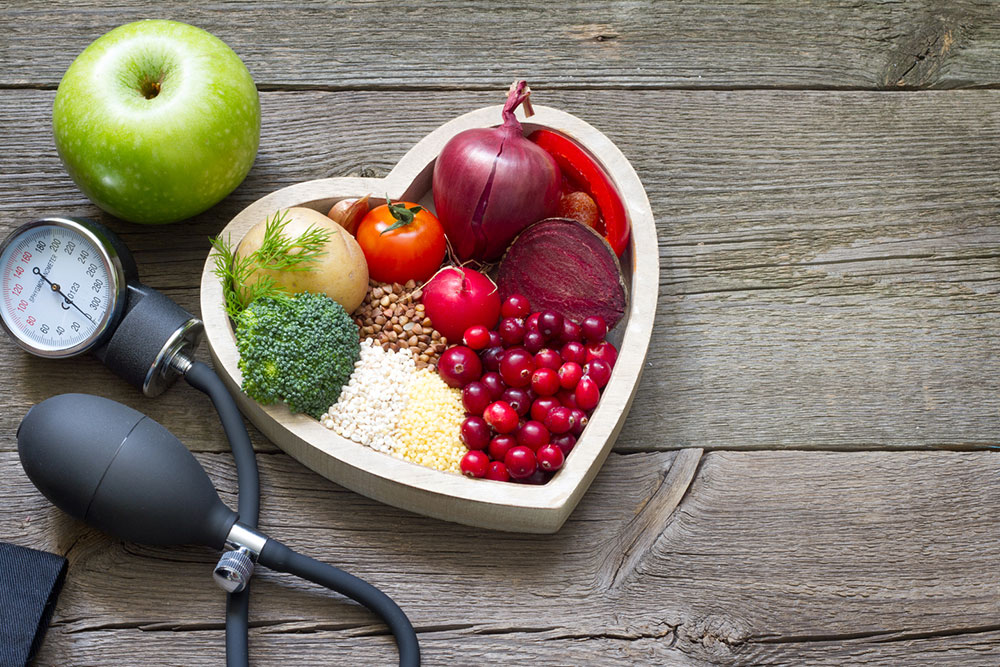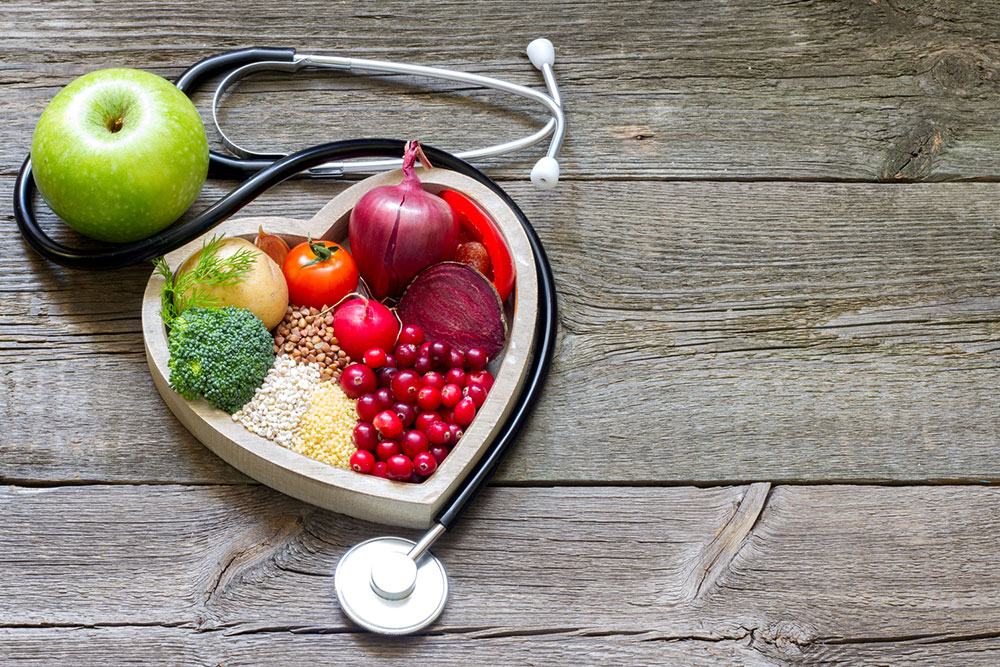Natural Lifestyle Hacks to Lower Cholesterol and Promote Heart Health
Learn comprehensive natural methods to lower your cholesterol levels effectively. This guide covers heart-healthy eating habits, regular physical activity, quitting smoking, maintaining a healthy weight, and moderating alcohol intake to promote cardiovascular health. Incorporate these lifestyle changes to improve your overall well-being and reduce reliance on medications. Whether you're currently managing high cholesterol or seeking preventive measures, these practical tips can help you achieve a healthier heart naturally and sustainably.

Natural Lifestyle Hacks to Lower Cholesterol and Promote Heart Health
Elevated cholesterol levels are a significant concern that can lead to severe cardiovascular issues, including heart attacks and strokes. While pharmaceutical medications are commonly prescribed to manage high cholesterol, integrating natural lifestyle modifications can be equally effective in controlling and reducing cholesterol levels. Adopting these habits not only enhances your heart health but also contributes to overall well-being. This comprehensive guide explores effective strategies you can incorporate into your daily routine to naturally lower cholesterol, improve your cardiovascular health, and reduce dependency on medication where possible. Even if you're already on medication, these tips can serve as supportive measures to boost their effectiveness and ensure optimal heart health.
Understanding the importance of managing cholesterol is crucial, and making simple, sustainable lifestyle changes can have a profound impact over time. From dietary adjustments to physical activity, quitting smoking, and moderating alcohol intake, each step plays a vital role in promoting a healthy heart. Dive into the details of each approach below to learn how you can take control of your cholesterol levels naturally and effectively.
1. Embrace Heart-Healthy Eating Habits
Diet plays a pivotal role in managing cholesterol levels. Making targeted food choices can significantly influence your lipid profile, especially your LDL (bad) cholesterol and HDL (good) cholesterol. Small changes in your diet can lead to substantial health benefits over time, reducing the risk of cardiovascular diseases. Here’s how you can optimize your eating habits for better heart health:
Limit saturated fats. Predominantly found in red meats, butter, cheese, and full-fat dairy products, saturated fats can elevate your total cholesterol as well as LDL cholesterol, increasing your heart disease risk. Strive to reduce consumption of these foods and opt for leaner cuts of meat, low-fat dairy options, and plant-based alternatives.
Avoid trans fats. Trans fats are artificially created fats found in processed foods, margarines, and snack items, often labeled as “partially hydrogenated oils.” They significantly raise LDL cholesterol while reducing HDL levels. Following the FDA ban on trans fats starting in 2021, many food manufacturers have eliminated these fats, but it’s vital to check labels for partial hydrogenation.
Incorporate omega-3 fatty acids. Foods rich in omega-3s support heart health by reducing inflammation and lowering blood pressure. Include fatty fish such as salmon, mackerel, sardines, and herring in your diet regularly. Vegetarian sources like walnuts, flaxseeds, and chia seeds are also excellent choices for boosting omega-3 intake.
Increase soluble fiber intake. Soluble fiber binds cholesterol in the digestive system, helping to eliminate it from your body. Foods high in soluble fiber include oats, barley, beans, lentils, Brussels sprouts, apples, and pears. Regular consumption of these foods can lower total and LDL cholesterol levels effectively.
Add whey protein supplements. Derived from dairy, whey protein has been shown to lower LDL cholesterol and blood pressure. Incorporating whey protein into your diet, whether through shakes or natural dairy sources, can serve as an additional heart-healthy measure.
2. Maintain an Active Lifestyle and Exercise Regularly
Physical activity is a powerful tool in improving cholesterol profiles. Regular exercise raises HDL cholesterol, known as the “good” cholesterol, which helps transport excess cholesterol away from artery walls, reducing plaque buildup. Incorporate at least 150 minutes of moderate-intensity aerobic activity or 75 minutes of vigorous activity each week, as recommended by health authorities. Before starting any new exercise regimen, consult your healthcare provider to ensure safety.
Enhance your routine by including simple daily activities such as:
Taking brisk walks during lunch or after dinner
Using a bicycle to commute to work
Engaging in outdoor sports or recreational activities like tennis, hiking, or swimming
Joining a fitness group or partnering with a workout buddy can significantly boost motivation and consistency, helping you stick to your exercise goals longer-term.
3. Stop Smoking for Heart Health
Smoking has a deleterious effect on your cardiovascular system, significantly increasing the risk of heart disease. Quitting smoking enhances your HDL cholesterol levels swiftly and promotes healthier arteries. The benefits of quitting are both immediate and long-term:
Within 20 minutes of quitting, your blood pressure and heart rate normalize
Circulatory and lung functions improve markedly after about three months
After one year, your risk of coronary heart disease drops by approximately 50% compared to continued smokers
Seek support from healthcare professionals, nicotine replacement therapy, or support groups to increase your chances of successfully quitting cigarettes and reaping these cardiovascular benefits.
4. Achieve and Maintain a Healthy Weight
Attaining a healthy weight is instrumental in managing cholesterol levels. Even modest weight loss can lead to significant improvements, including lower LDL cholesterol and triglycerides, and increased HDL cholesterol. Sustainable weight management involves making healthier lifestyle choices without drastic dieting:
Replace sugary sodas and energy drinks with water or herbal teas
Opt for healthier snacks such as unsalted popcorn, raw vegetables, or nuts in moderation
Choose lower-fat versions of your favorite sweets and desserts
Incorporate physical activities like climbing stairs, parking farther away, or engaging in yard work
Small, consistent changes over time can accumulate, resulting in meaningful reductions in weight and improvements in heart health.
5. Moderate Alcohol Consumption
While moderate alcohol intake has been linked to higher HDL cholesterol levels, it’s not advisable to start drinking solely for health reasons. Excessive alcohol consumption poses numerous health risks, including high blood pressure, obesity, liver disease, and increased likelihood of stroke and heart failure.
Recommendations suggest:
Up to one standard drink per day for women and adults over 65
Up to two drinks per day for healthier adult men
Always consider individual health conditions and consult your healthcare provider before making changes to alcohol consumption. When consumed responsibly, alcohol can be part of a heart-healthy lifestyle, but it should never be relied upon as a primary method for cholesterol management.
